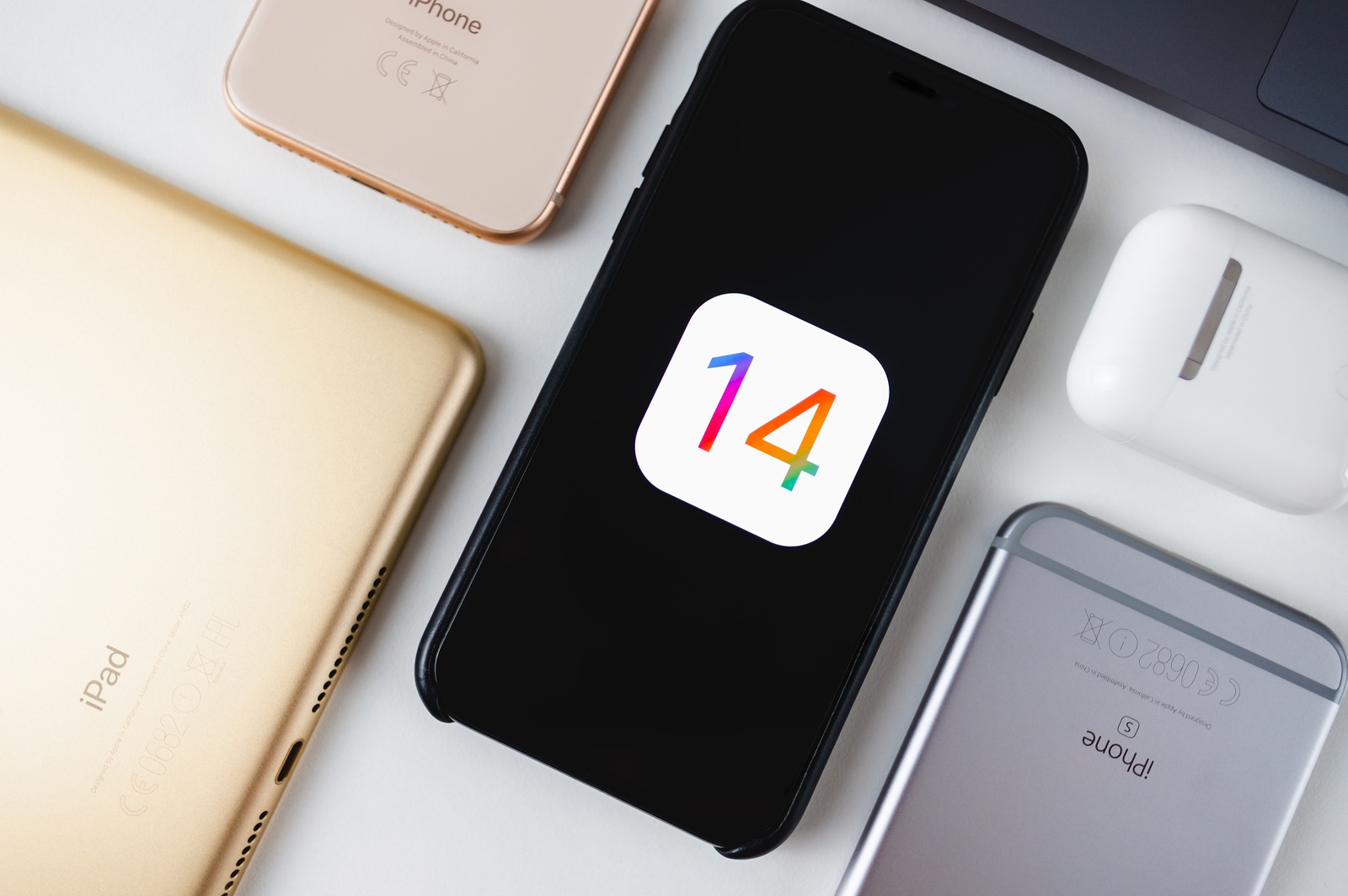Recently, Facebook and other advertisers criticized Apple and the upcoming privacy changes in iOS 14. Now the controversial feature is allegedly being delayed.
With iOS 14, Apple wants to make advertising tracking more transparent, and that doesn't suit the advertising industry at all. Advertisers like to measure the effectiveness of their ads by analyzing how many people who buy a product have seen an online ad for it. For this purpose, a cookie is placed on the user's device. As soon as the user sees an ad, the website on which the purchase is made can check the existing cookie. This also works the other way around. For example, if you have searched for a specific product, such as a backpack, the website in question can place a cookie on your device that can be read by advertising networks. You will then be shown corresponding advertisements for various backpacks. These are personalized advertisements that are usually more effective. Accordingly, advertising networks can charge significantly more money for placing such ads - and this is where iOS 14 comes into play.
Is Apple now giving in to the advertising industry?
The change means that advertisers will have to obtain additional permissions from users before they can start tracking via other apps and websites. Of course, only a few people will agree to this.
The advertising industry – especially Facebook – has already sharply criticized Apple’s approach on several occasions. Up to 50 percent of advertising revenue is said to go to iOS if Apple implements the feature in iOS 14. Now The Information is reporting that Apple wants to introduce the feature at a later date – allegedly. This means that the feature could remain deactivated when iOS 14 is launched. This is what the Article:
Apple has told some developers that the company plans to delay the implementation of a controversial change to its next mobile operating system that would change the way ads are targeted on iPhones and iPads.
While Apple is currently facing concerns about its own App Store business model, the company is also facing harsh criticism from the advertising industry. The Information's sources believe the delay in the feature is due to feedback from a number of vendors, including some major game developers such as Activision Blizzard.
App Store revenue could shrink due to iOS 14 innovation
There are indications that Apple has heard concerns from developers and advertisers. Since announcing the IDFA change in June, Apple's App Store team has asked a handful of gaming companies, including Activision Blizzard, Tencent-owned Supercell and N3twork, to share how the change will affect their businesses, according to people familiar with the discussions.
The report goes on to highlight ad spend that goes into mobile advertising, which often promotes freemium games that ultimately benefit Apple. This means that Apple's own privacy change could ultimately reduce App Store commission in this area.
Spending on advertising to encourage mobile app downloads is expected to reach about $76 billion worldwide this year, according to advertising agency AppsFlyer, which made the estimate earlier this year before the coronavirus pandemic and Apple's announcement of the IDFA change. These ads primarily drive free games that monetize through in-app purchases, which in turn increase Apple's revenue by the 30 percent.
If Apple does indeed postpone the introduction of the feature, it remains unclear whether it will appear in its current form or be adapted. AirPods Pro on special offer at Amazon – now available for 199 euros. (Photo by nikkimeel / Bigstockphoto)
update: Apple has just published on its own developer website announcedthat the feature will be introduced in early 2021. The delay is intended to give developers enough time to make the necessary changes.




